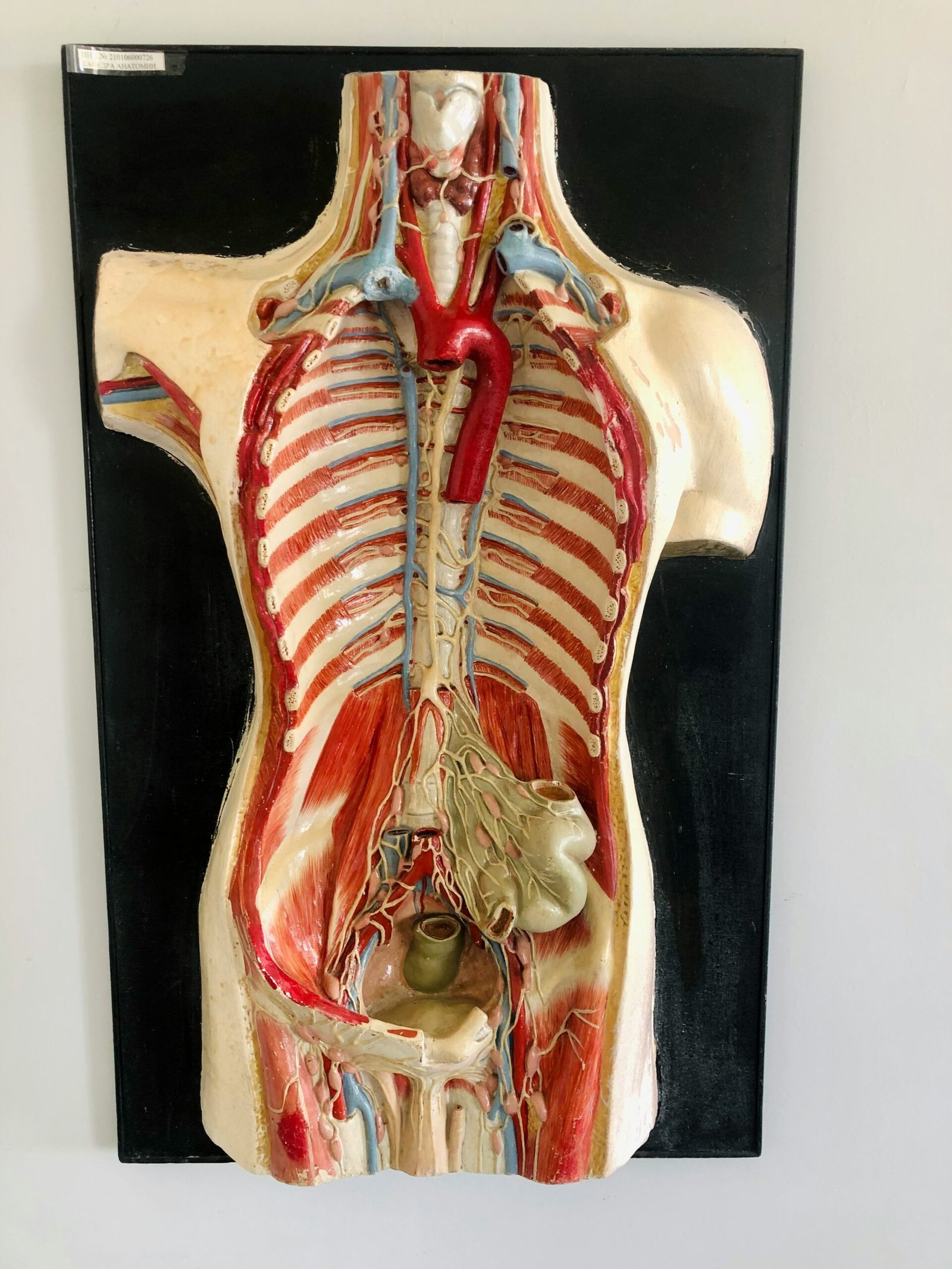In today’s fast-paced world, the lines between work and personal life can easily blur. This blurring can lead to stress, burnout, and a decline in mental health. Maintaining a work-life balance is essential for overall well-being, as it allows individuals to manage their responsibilities while taking care of their mental and emotional health. In this article, we will explore the importance of work-life balance and its benefits for mental health and well-being.
1. Reducing Stress and Preventing Burnout
One of the most significant benefits of maintaining a work-life balance is reducing stress levels. When work demands overshadow personal life, stress can accumulate, leading to burnout. Burnout is a state of physical and emotional exhaustion that can severely impact one’s mental health. By setting boundaries between work and personal life, individuals can prevent burnout and maintain a healthy mindset. For more on this, read this guide on managing stress.
2. Enhancing Mental and Emotional Health
A balanced lifestyle promotes better mental and emotional health. Taking time for personal activities, hobbies, and social interactions can provide a much-needed break from work-related stress. Engaging in these activities can boost mood, reduce anxiety, and improve overall mental health. It’s crucial to prioritize self-care and activities that bring joy and relaxation.
3. Improving Productivity and Focus
Contrary to popular belief, working longer hours does not necessarily lead to higher productivity. In fact, overworking can reduce focus and efficiency. By maintaining a work-life balance, individuals can work more effectively during their work hours and be more present in their personal lives. This balance leads to increased productivity and a better quality of work. For tips on enhancing productivity, check out these productivity strategies.
4. Strengthening Relationships
Spending quality time with family and friends is essential for building and maintaining strong relationships. Work-life balance allows individuals to nurture these connections, which are vital for emotional support and overall well-being. When work consumes too much time, relationships can suffer, leading to feelings of isolation and loneliness.
5. Encouraging a Healthy Lifestyle
Achieving work-life balance often includes making time for physical activity, healthy eating, and adequate sleep. These habits contribute to better physical health, which is closely linked to mental health. Regular exercise, in particular, has been shown to reduce symptoms of depression and anxiety. For more on this, read the benefits of exercise.
In conclusion, work-life balance is not just about managing time; it’s about prioritizing well-being and making choices that foster a healthy and fulfilling life. By balancing work and personal life, individuals can enjoy better mental health, stronger relationships, and a more satisfying lifestyle. Remember, achieving work-life balance is an ongoing process that requires conscious effort and self-awareness.



